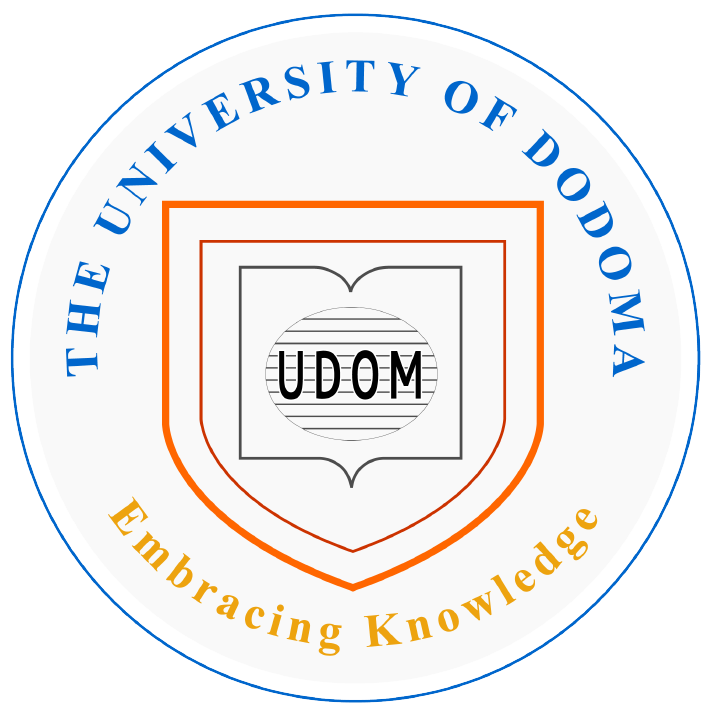Abstract
There is increasing global interest in promoting either stable or permanent solutions to the refugee problem in the host countries. While the Government of Kenya with the support of the United Nations High Commissioner for Refugees has implemented inclusive initiatives targeting both the refugees and the local host communities since 2021, questions have emerged whether these initiatives are bearing fruits and whether refugees’ access to crucial government services such as health, education and economic opportunities has increased. This study examines the extent of refugee integration and explores the opportunities and challenges of the inclusion of refugees into the host country’s development processes. The study adopted an explorative research design and applied a qualitative research methodology within Nairobi city to study the inclusion of urban Sudanese refugees. From a list of 200 Sudanese refugee households residing in Nairobi, a systematic sample of 20 households was selected and interviewed using a semi-structured interview schedule. The qualitative data was processed and analysed thematically. This article reveals that, while there are some opportunities towards inclusion, urban refugees have not been fully integrated with development plans. Its findings call for long-term multi-stakeholder partnerships at various levels of governance to empower actors to contribute to the integration process.
